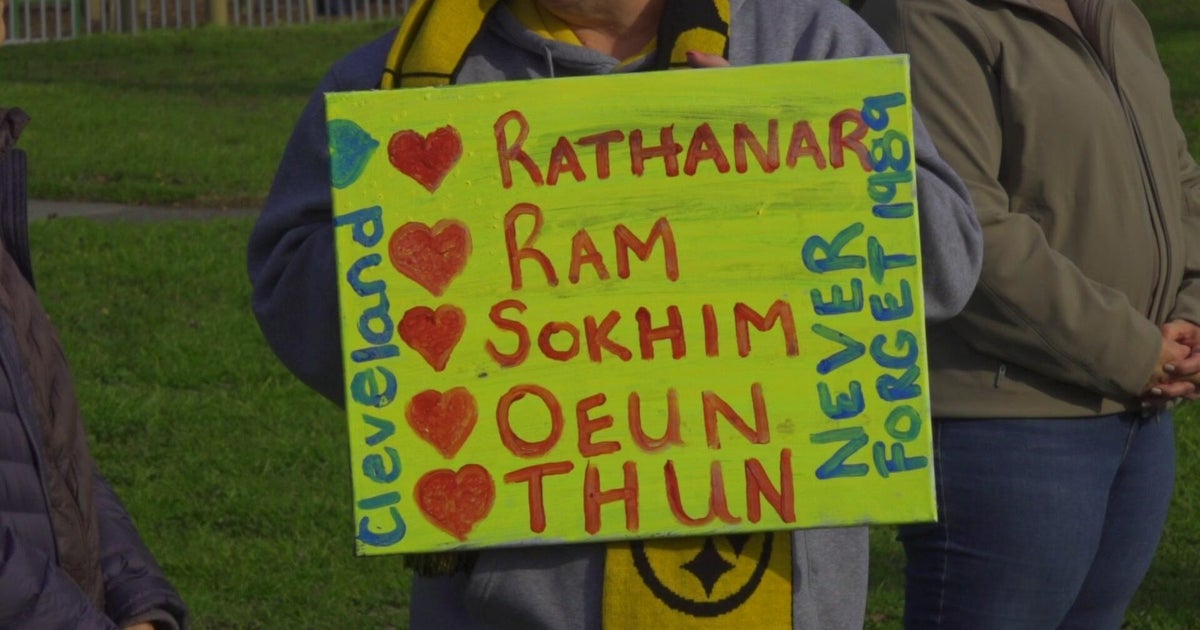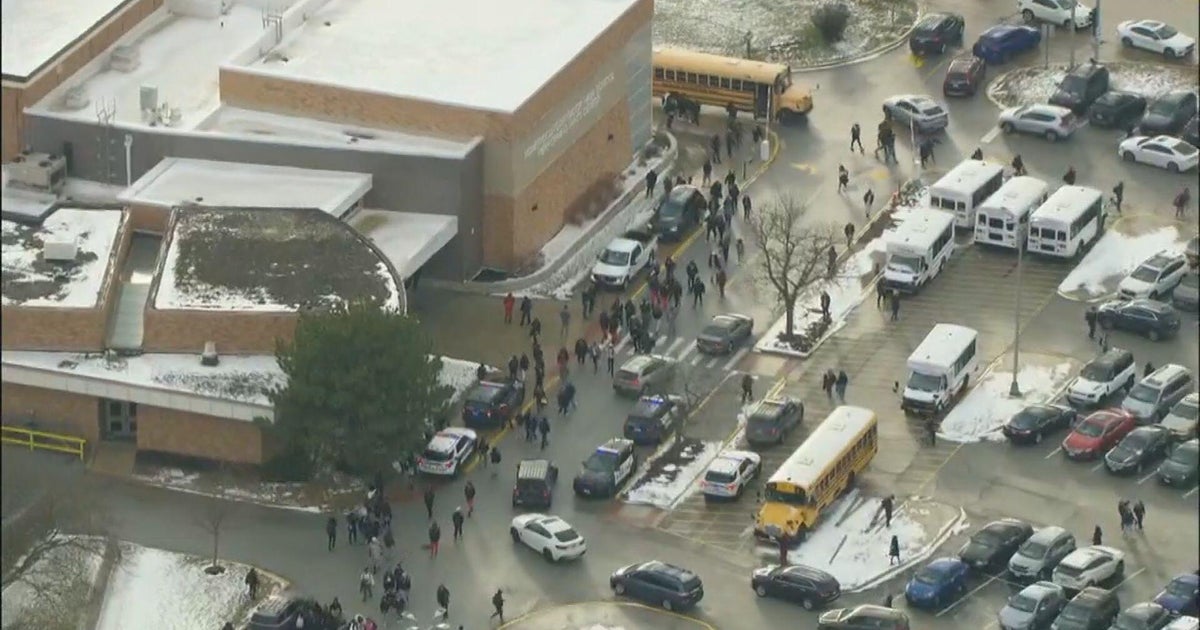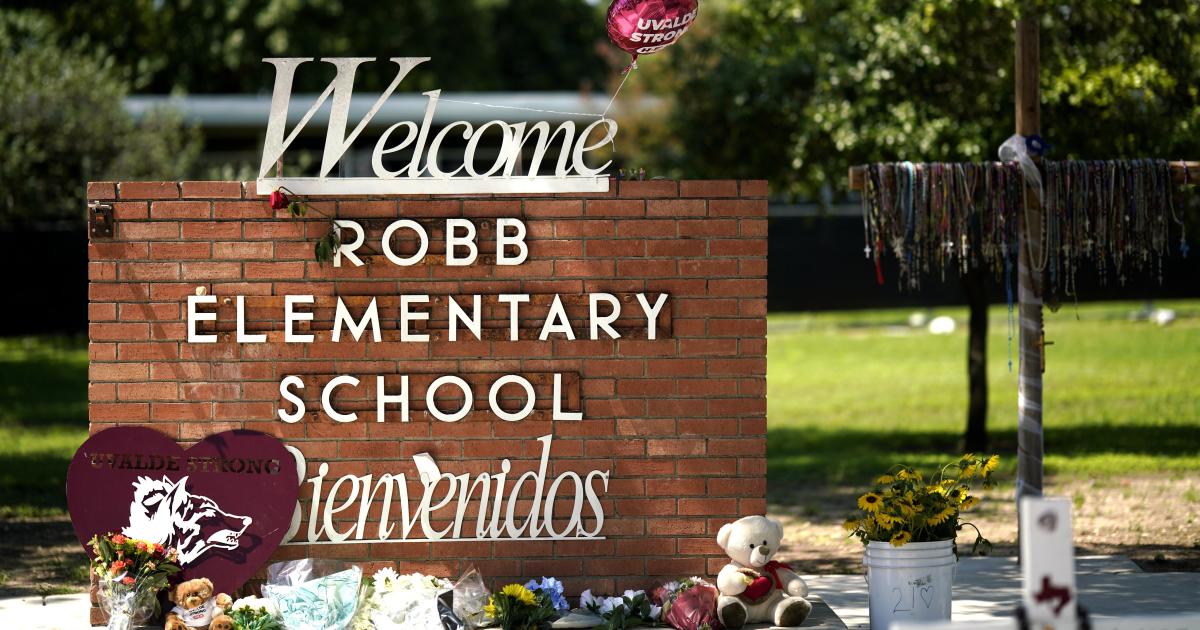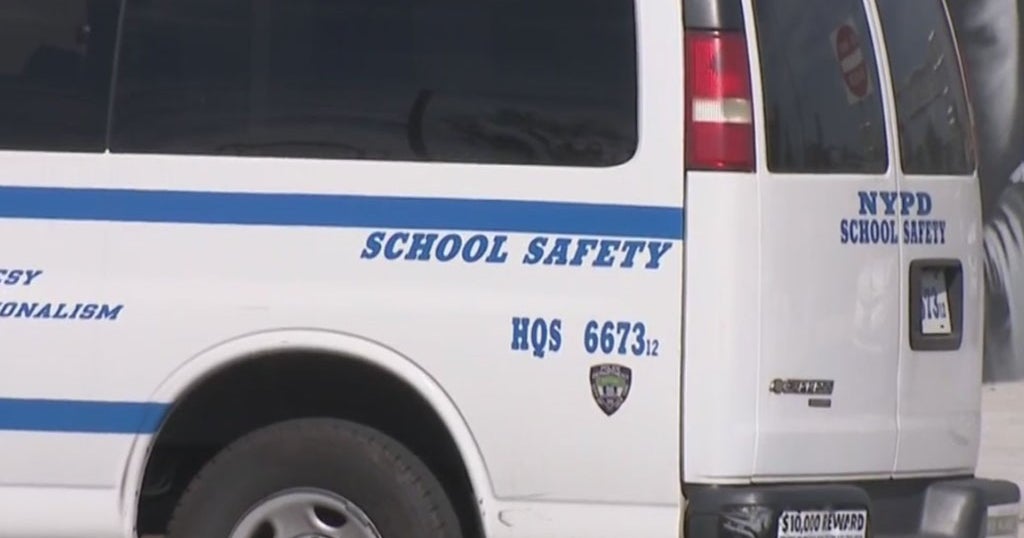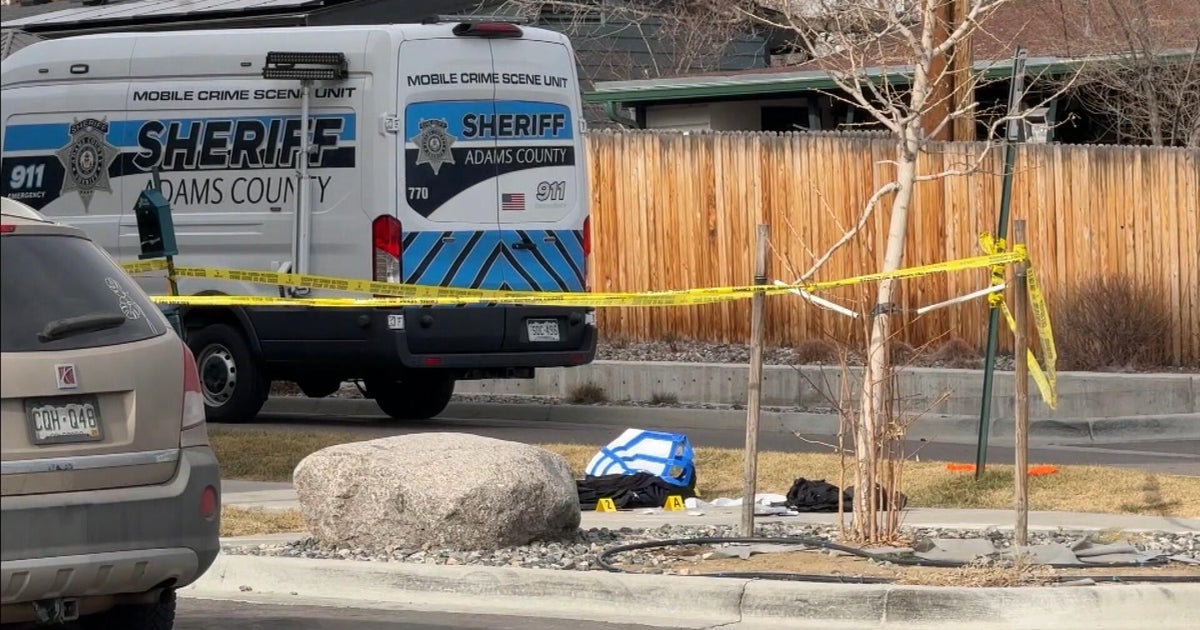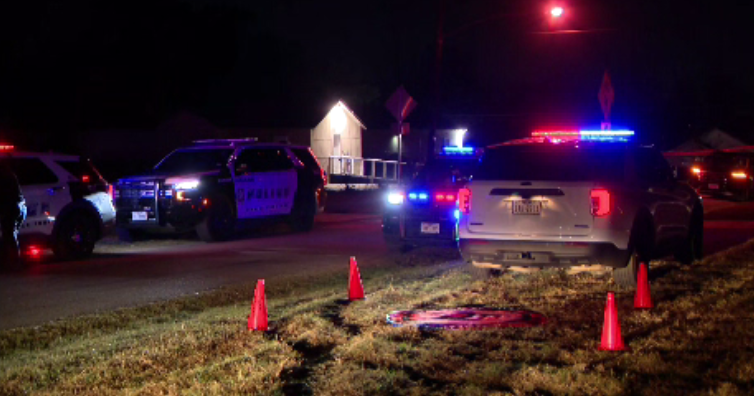Guns In Your Home: A Statistical Accident Waiting To Happen
Many U.S. citizens consider their right to own a gun as basic as their right to eat, vote or go to school. Passions run high about the second amendment and, since the Newtown shootings, has served to stir a national debate about gun control, with good guys and bad guys speaking out on both sides of the equation. Newtown was more than just a national tragedy; it was also an event which polarized the American public about gun safety, child safety and our inalienable rights.
Statistics versus emotions
When stories hit the press about people victoriously defending themselves with firearms, gun sales go up. Emotion and the desire to protect your own are pretty powerful motivations. However, statistics about gun-related deaths should not be ignored. Multiple groups, like the American Academy of Pediatrics, urge Americans not to keep guns in their homes because of overwhelming evidence that homes with guns are more likely to also be homes with suicides, murders and gun-related accidents. Bad guys do get stopped with guns, but statistically, in a country where more than one third of households contain a working firearm, far more individuals, especially children, are accidentally shot. In addition to the number of children wounded or killed by firearms, women also disproportionately find themselves at the wrong end of a gun in their own homes, with a current or former romantic partner typically pulling the trigger.
According to a report filed by the Washington State Department of Social Health Services, a child or teen is killed once every seven and a half hours with a gun, either by accident or by suicide. In 72 percent of these cases, the firearm used was housed in the victim's own residence. Many of these weapons were locked away in a secure place, yet 48 percent of those who own guns do not equip them with child safety and trigger locks.
Hidden guns may be found and used by children often, yet in a third of homes where firearms are present, that type of hide-and-seek discovery is not necessary. A full 30 percent of gun owners keep their weapons at the ready in an unlocked, loaded state. Ironically, in order for a home to be protected against an intruder, guns need to be easily and quickly accessible and it is this very accessibility which makes firearms in the home so deadly.
Gun safety basics
Whether you have guns in your home or not, it is imperative you teach your children what to do if they come across a firearm accidentally. The standard safety steps children should follow are:
- Stop what you're doing.
- Do not touch the gun.
- Leave the area.
- Let a grownup know right away.
It is also important that children be told it is not their responsibility to protect someone who has a gun or to hide this knowledge from their parent or guardian. If you yourself have a gun you no longer wish to keep, you may be able to sell it to an authorized dealer or have it melted down. You can also turn your firearms in to the local authorities, along with any ammunition. If you are in possession of an illegal firearm, there are a number of no-questions-asked gun buy-back programs available in most states. Most importantly, don't simply throw an unwanted gun away or stow it in an attic or basement where it can be stolen or stumbled upon, years later.
Corey Whelan is a freelance writer in New York. Her work can be found at Examiner.com.
